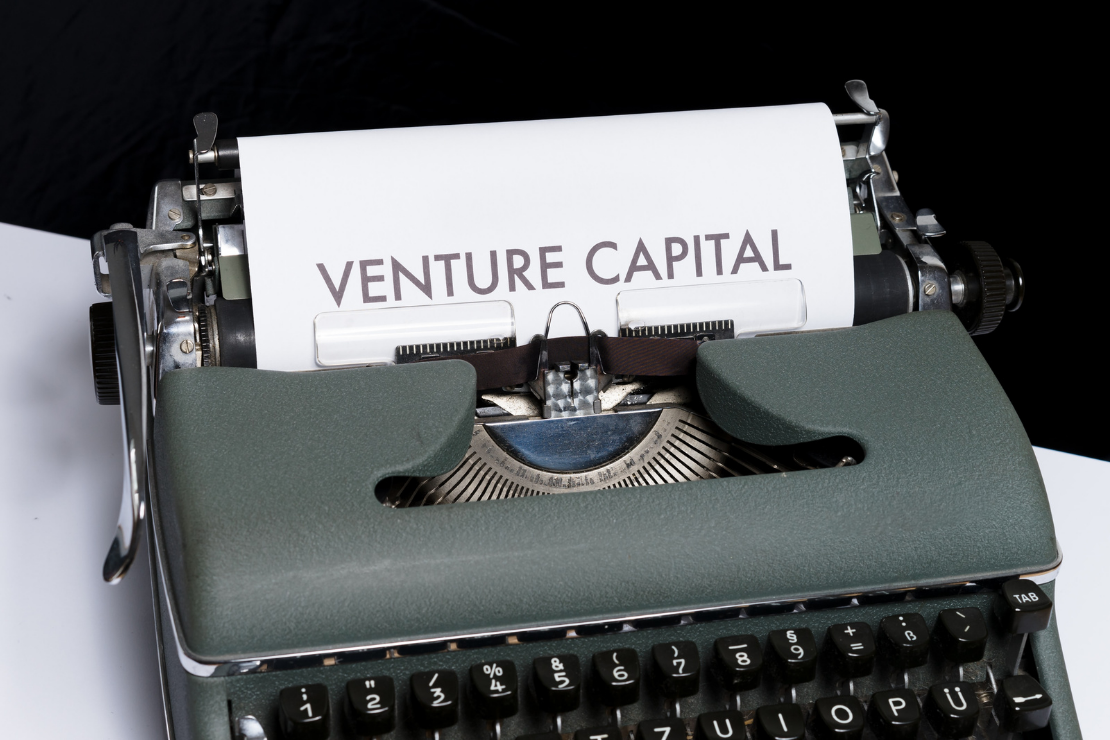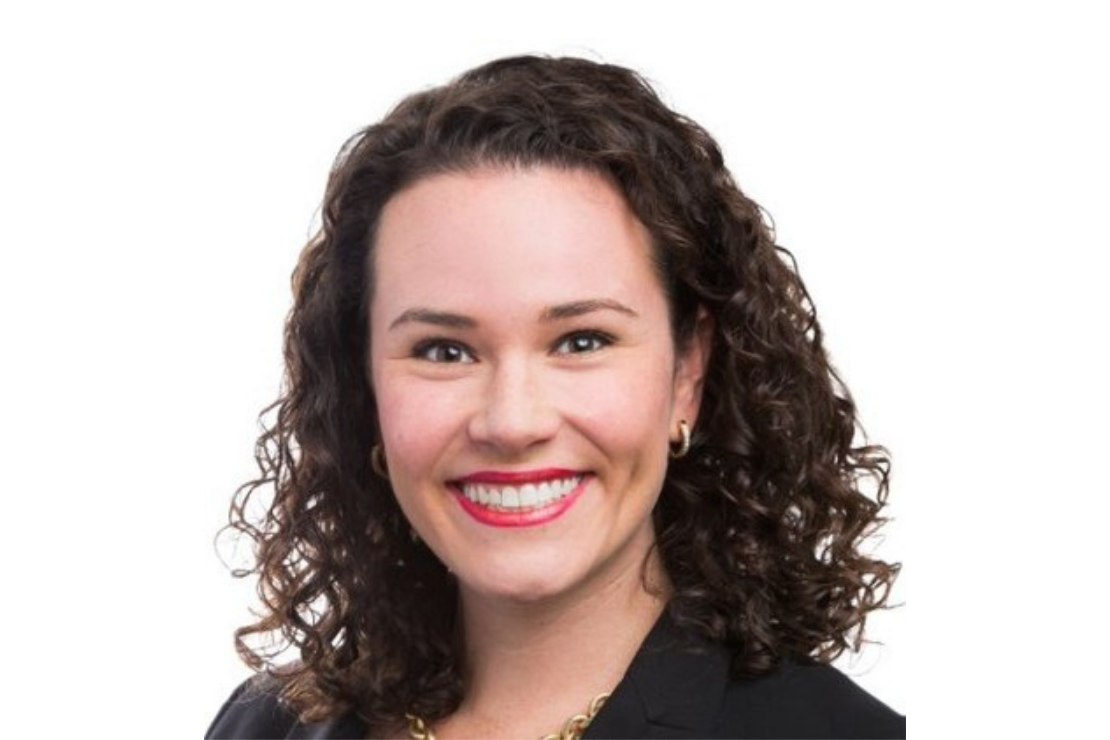5 Things I Learned in VC That They Don’t Tell Entrepreneurs
Jun 09, 2021

Ashley Yesayan is the founder and CEO of OneVillage Cancer Support (Techstars NYC). But before she started her own company, she spent 15 years in VC. Here, she shares insights from her life as an investor that have made her life easier as an entrepreneur.
One of the things that has always fascinated me about venture capital is the fact that it is one of the world’s last remaining occupations that is almost completely apprenticeship based. How to get a job in venture capital — and how to get money from venture capitalists — seem to remain some of life’s big mysteries. This may explain, in part, why the industry is so intriguing: I know that to many entrepreneurs, VC can feel like a black box.
But before founding my own company, OneVillage, I spent 15 years in VC, so I know exactly what VCs are thinking. I was one of them.
So let’s open up that black box. Here are a few insights that will help entrepreneurs understand venture capital better.
01. It’s a Numbers Game
Less than 1% of deals are done overall at VC firms, so both men and women founders should prepare for some rejection along the way and not waste time with individuals or firms who don’t immediately resonate with your mission. You’ll know in the first 10 minutes of the pitch whether an investor is interested. If the message isn’t resonating don’t spend time chasing after them, no matter how nicely they let you down. Take the “no” and move on.
02. Know Your Audience
93% of venture capitalists are men, so whether you like the demographic composition of the industry or not, founders should be sure they are explaining the market need in a way that resonates with their audience. At one of my old firms the investment team passed on an early round at The Honest Company because they didn’t understand the need for organic baby diapers — “If she [Jessica Alba] had just explained it as ‘the organic P&G’ we would have gotten it,” they said. If you’re not solving a B2B problem or a problem most 25- 40 year old men face regularly, then be prepared to spend extra time clearly articulating the market need your company is solving.
03. Give Investors Lines, Not Dots
Every time you have a meeting with an investor, that’s a data point, and it takes a number of data points to form a line. The best time to meet an investor is when you don’t need money, so that you can allow them to follow your progress and get comfortable with your ability to achieve the goals you set out to achieve. This also provides a great opportunity for you as the founder to decide if you like working with the individual informally and whether you think they give good advice.
04. Not All Firms and Not All Partners at Those Firms Are Created Equal
Make sure you would hire the partner you’re choosing to be an independent board member and be sure to have a solid understanding of their own personal track record. Have they done deals in your space and of your stage that are similar? What specifically can their network bring to your business?
05. It’s OK to Say ‘I Don’t Know’
If you’re an early stage company, be prepared to let investors know that it’s “Series Seed” and not “Series C.” At that early stage, you won’t have all the answers, and that’s ok. Even so, be sure to listen to the questions the market is asking, and use these to inform your strategy and inform your expectations of questions that could be asked of you in subsequent investment conversations.
About the Author

Ashley Yesayan
Ashley is the founder and CEO of OneVillage Cancer Support, a marketplace connecting cancer patients and their supporters with the community, content, tools, and services they need to make life easier before, during, and after treatment. She founded the business based on her own experience with breast cancer, which she beat in 2017. Prior to founding OneVillage, Ashley spent 15 years building and scaling high-growth venture backed technology companies as a venture capital investor, most recently at Revolution in Washington, DC.
